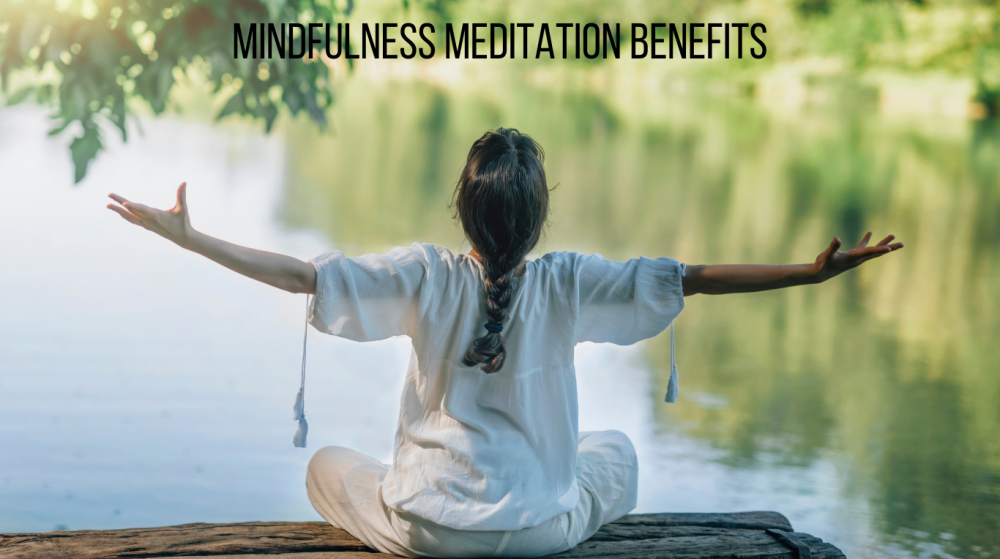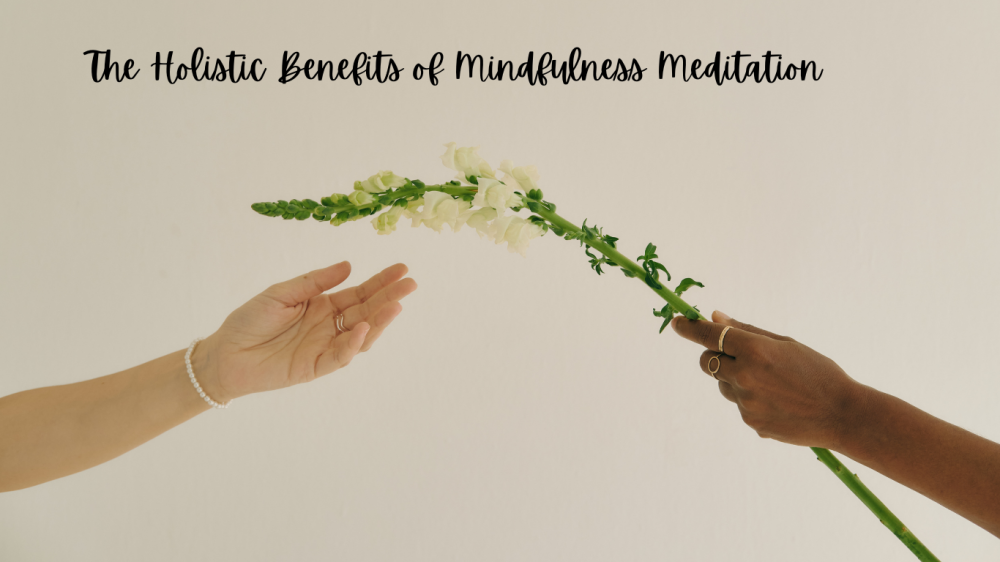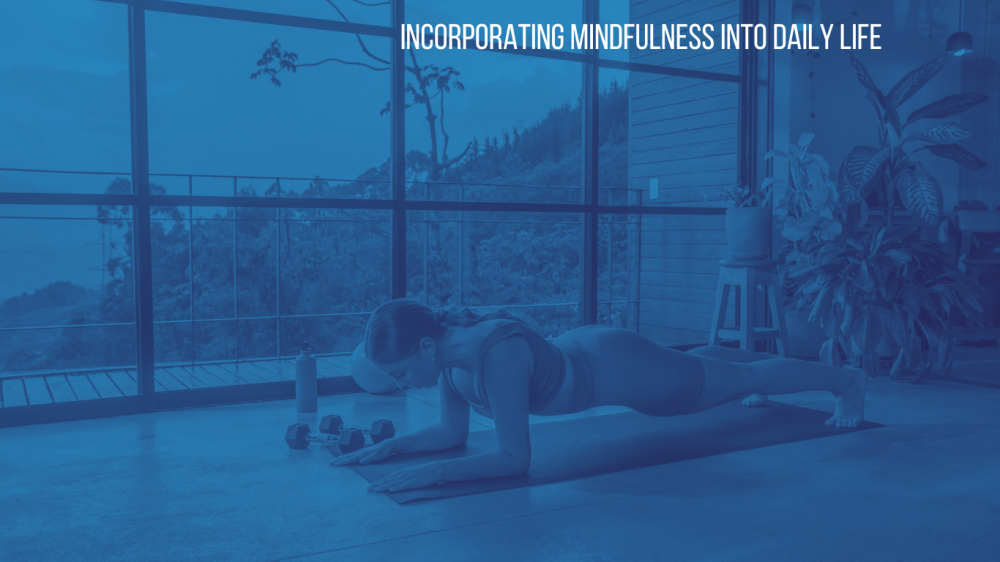
Mindfulness meditation has been around for centuries, rooted deep in ancient traditions. It’s fascinating to see how it evolved from its origins in Eastern philosophies, like Buddhism, to a widely practiced form of mental training across the globe today. The journey of mindfulness into Western cultures has brought a blend of its spiritual and secular applications, making it accessible to many.
Delving into the science behind mindfulness, it’s clear that this practice does wonders for your brain. Various studies show how mindful practices can alter brain structures and functions, particularly in areas around attention and emotion regulation. It’s about boosting your brain’s ability to handle stress and enhancing overall well-being.
Many people still harbor misconceptions about mindfulness meditation, thinking it might require time-consuming rituals or the ability to completely clear your mind of all thoughts. The truth is, mindfulness is about being present in the moment without judgment, not achieving mental blankness. Recognizing these myths helps you better understand what mindfulness truly offers.
Starting with mindfulness can seem daunting, especially if you’re new to meditation. But it doesn’t require drastic changes to begin. Simple practices like focused breathing, guided meditations, or even mindful walking can ease you into the routine, no matter your age or lifestyle. As this practice begins to blend into everyday life, its benefits naturally follow.
The Holistic Benefits of Mindfulness Meditation

Mindfulness meditation does more than just help you feel calm; it has a wide range of benefits that span mental, physical, and cognitive well-being. It’s like having a toolkit for enhancing various aspects of life.
Mentally, mindfulness meditation helps cut down on stress, anxiety, and depression. It teaches you a different way to handle negative feelings by observing them without getting swept away. This can lead to a more balanced emotional state and better control over how you react to challenges.
On the physical front, mindfulness has some surprising perks. People who practice regularly often report better sleep and improved immune system responses. Mindfulness can also help with managing chronic pain by shifting focus away from discomfort using specific awareness techniques.
Cognitively, there’s a boost in concentration and creativity. Practicing mindfulness helps train your brain to maintain attention and stay present, which can improve productivity and problem-solving skills. It also helps in nurturing emotional intelligence, allowing you to understand and respond better to your own and others’ emotions.
Relationships benefit too. Mindfulness encourages good communication and empathy, helping you connect on a deeper level with others. It allows for more thoughtful interactions and stronger bonds through improved listening and understanding skills.
Incorporating Mindfulness into Daily Life

Making mindfulness a part of everyday life doesn’t have to be a intimidating task. Even with a bustling schedule, there are simple ways to bring mindfulness into your routine. Start by setting aside a few moments each day to practice focused breathing or mindfulness exercises. It could be during your morning coffee or just before bed.
The role of technology in mindfulness practices can’t be underestimated. There are plenty of apps and tools that offer guided meditations and reminders to help you stay on track. These digital aids can be handy, especially when you’re just starting out or when you need a bit of structured guidance.
Creating a mindfulness-friendly environment is another great step. Whether at home or work, having a dedicated space for meditation, away from noise and distractions, can make a big difference. Even just a quiet corner with a comfortable seat or some calming objects like candles or plants can set the stage for your practice.
Sticking with mindfulness over the long term might have its ups and downs. It’s natural to face challenges or feel like you’re not progressing. Setting realistic goals and keeping a journal of your mindfulness journey can help you see how far you’ve come and stay motivated. Remember, mindfulness is a personal journey, and the key is finding what works best for you.


Recent Comments